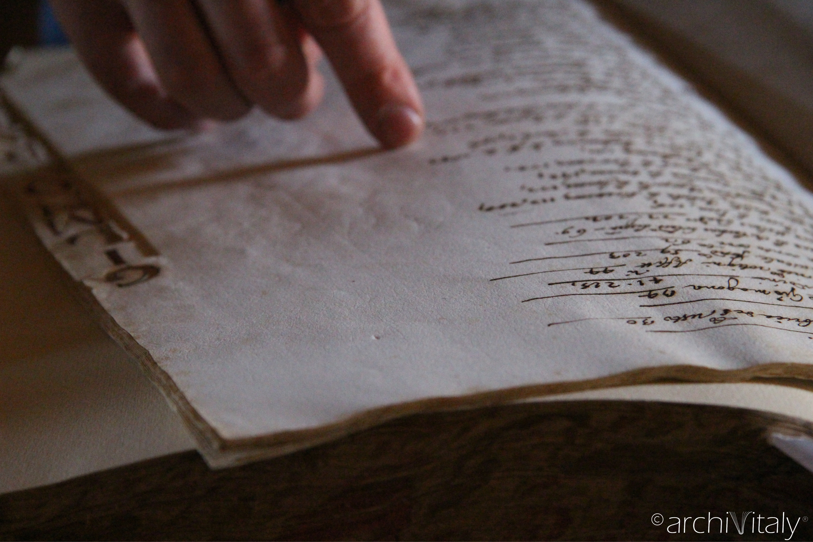
FREQUENTLY ASKED QUESTIONS
HOW WE WORK
Who carries out research for Archivitaly?
Archivitaly relies on a network of professional archivists and scholars based throughout Italy, carefully selected for their disciplinary expertise and their in-depth knowledge of local archival collections. This system offers three key advantages:
- Reduced costs, as no travel expenses are required;
- Direct knowledge of local archival and bibliographical collections;
- Efficiency and speed, thanks to the researchers’ familiarity with the internal organisation and procedures of each institution.
All activities are coordinated and supervised by the Chief Research Officer, who ensures methodological consistency, quality standards, and adherence to the agreed timeframe.
In which cities and countries do you operate?
Archivitaly carries out archival research throughout Italy and across several European countries, including France, Spain, Portugal, Germany, Switzerland, Austria, the Netherlands, Belgium, the United Kingdom, and Ireland.
In Italy, we work regularly in Rome, Florence, Venice, Naples, Milan, Bologna, Turin, Genoa, Palermo, and in numerous regional centres and local archives of particular interest.
Do you carry out genealogical research?
No. Archivitaly does not undertake genealogical research or family tree reconstruction. Our work focuses exclusively on historical, artistic, and documentary archival research, carried out for academic, editorial, or curatorial purposes.
SCOPE OF WORK
In which archives do you operate?
Archivitaly conducts research in public, ecclesiastical, and private archives throughout Italy and Europe. Among the Italian State Archives in which our researchers regularly work are the State Archives of Rome, State Archives of Florence, State Archives of Venice, State Archives of Naples, State Archives of Milan, State Archives of Turin, State Archives of Bologna, State Archives of Genoa, State Archives of Palermo, State Archives of Cagliari, State Archives of Parma, State Archives of Modena, State Archives of Perugia, State Archives of Siena, State Archives of L’Aquila, State Archives of Bari, and the State Archives of Trieste.
Our researchers also work in various ecclesiastical archives — foremost among them the Vatican Apostolic Archive — as well as in active diocesan archives across Italy, including the Historical Archive of the Vicariate of Rome, the Archiepiscopal Archive of Florence, the Historical Archive of the Patriarchate of Venice, the Diocesan Historical Archive of Naples, the Diocesan Historical Archive of Milan, the Diocesan Historical Archive of Turin, the Archiepiscopal Historical Archive of Bologna, the Diocesan Historical Archive of Palermo, and the Diocesan Historical Archive of Lecce. Access to these archives is regulated by their respective diocesan authorities and may require prior authorisation or appointment.
In addition to these institutions, Archivitaly also undertakes research in municipal, notarial, parish, and private archives, as well as in historical libraries and special collections held by public and academic institutions.
Who turns to Archivitaly?
Our clients include researchers, scholars, collectors, antiquarians, museum curators, publishers, writers, universities, research institutes, archives, libraries, museums, and international cultural foundations. We offer a discreet and personalised service tailored to each client’s needs — from academic research support to documentary and provenance investigations on artworks and objects held in museums and private collections.
What types of documents do you work with?
Archivitaly analyses, transcribes, and translates all kinds of archival and documentary sources, from notarial acts (such as wills, contracts, and inventories) to parish registers, correspondence, judicial records, cadastral documents, and more.
Which fields of research do you cover?
Our research extends across numerous disciplines within the humanities, including history, art history, social history, economic history, political history, legal history, institutional history, religious history, history of medicine, history of science, musicology and music history, theatre history, literary history, fashion history, book and print history, library and archival history, urban history, military history, maritime and cartographic history, diplomatic history, food history, architectural history, history of collecting, gender studies, art market history, intellectual history, and other related fields.
WORKING METHOD
What is the procedure once I contact Archivitaly?
After receiving a request through our online form, our team assesses the project’s feasibility and provides a detailed quotation. Once the quotation is accepted, we prepare the formal contract, issue the invoice, and the research begins once payment has been received.
How are research projects structured?
Each project is customised according to its complexity and objectives. To ensure maximum efficiency, we divide the work into time-based modules (daily, weekly, or monthly), chosen according to the nature of the research.
At the end of each module, the client receives a detailed report outlining the activities carried out and the results achieved and may then decide whether to proceed or conclude the project.
How is progress monitored?
At the end of each module, the client receives a detailed report consisting of three sections:
- Overview of findings: a summary of what has been identified and analysed;
- Sources consulted: a list of archival references, short abstracts, and cross-references to the photographs taken (delivered, when numerous, through a secure file-sharing platform);
- Next steps: information on what will be carried out in the following module or could be further explored if the client chooses to continue.
Can a single final report be requested?
Yes, upon explicit request from the client. The preparation of a single comprehensive report, which replaces the usual modular reports and involves substantial editorial and compilation work, is always subject to a separate quotation.
CONTRACT, PAYMENTS, AND SERVICES
Is a formal contract provided?
Once the quotation is accepted, a contract is issued defining the objectives, methodology, timeframe, payment terms, and guaranteeing confidentiality and ownership of the results.
Why are service costs not listed on the website?
Every archival research project differs in complexity, duration, and objectives; it is therefore not possible to publish a fixed price list. Fees vary depending on the nature of the request, the number of archives involved, the amount of material to be examined, and any additional services requested. For this reason, we provide personalised quotations, prepared on a case-by-case basis after an initial feasibility assessment.
How does payment work?
Payment is made in advance, following the issuance of an invoice, and must be completed by bank transfer only. Research begins once the payment has been received. Payments by credit card or online platforms are not accepted.
Can payment be divided into instalments or partial deposits?
No. Each module must be paid in full before the research begins. No customised payment options, such as deposits, instalments, or balance payments, are available.
Do you offer complementary archival services?
Yes. Upon request, we offer additional services, including:
- Complete transcriptions of historical documents;
- Translations from Latin or Italian into English;
- Professional photography or high-resolution reproductions, in accordance with archive regulations.
All additional services are quoted separately.
DELIVERY AND RIGHTS
What does the client receive at the end of the research?
Each module concludes with a PDF report summarising the results, sources consulted, and, where permitted, the relevant images. When the number of photographs is large, these are delivered through a secure file-sharing platform. Upon request, a single final report can be provided summarising the overall findings.
Who owns the materials produced?
All materials (reports, transcriptions, photographs, and related documentation) remain the property of the client. Archivitaly may refer to the project in generic terms (e.g. “archival research for a private Old-Masters collection”) for portfolio or professional purposes, without disclosing sensitive or identifying information.
CONFIDENTIALITY AND COMMUNICATION
How is confidentiality ensured?
Archivitaly operates under a double-blind system: the client does not know the researcher’s identity, and the researcher does not know the client’s. This system safeguards the privacy of both parties and ensures neutrality and discretion throughout the entire research process. All projects are managed and supervised by the Chief Research Officer, who acts as the sole authorised contact for the client.
Can the client communicate directly with the assigned archivist or researcher?
No. All communication takes place exclusively through the Chief Research Officer, who coordinates every stage of the project to ensure methodological consistency, clarity, and quality of results.




